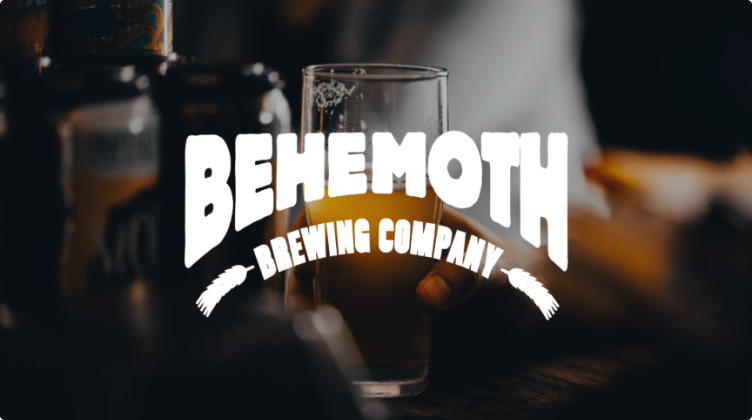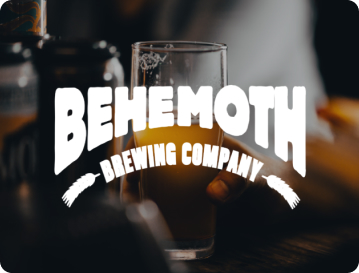How Are Gen Z Really Coping at Work?
We test our 2020 predictions vs. today

Contents
Gen Z is the first generation to enter the workforce in the age of social media, the gig economy, and the climate crisis. When it comes to their expectations and values, they’re also the most diverse generation in history. Let’s add to that heady mix: a global pandemic, a war in Europe, and an ongoing cost of living crisis across the world. It’s fair to say that Gen Z are coping with a unique set of challenges at work.
In 2020, we published our report on Gen Z in the Workplace. Today, we’ll be taking a little trip down memory lane to revisit our predictions, examining how Gen Z is doing in the workplace, and testing our predictions against what’s happening today.
And here’s why that’s important.
Gen Z are our future leaders. Some of them are even leading already. And it’s vital we pay attention, because the challenges and coping mechanisms of Gen Z have significant implications for employers.
Employers need to be aware of the challenges that Gen Z employees are facing to create a workplace that is a good fit for this generation of workers. This must be a top priority to help attract and retain great talent, and that is good for business as it’ll also help to create a more productive and engaged workforce.
Gen Z by numbers
The first stop is a quick recap on Gen Z in the workplace circa 2020. So let’s look at the numbers.
Three years ago, the Gen Z employees we surveyed reported they were finding a number of challenges at work. The top barriers standing between Gen Z and employers were misaligned expectations about flexibility, money and support, leading to dissatisfaction and high exit rates. 30% of Gen Z workers said they were looking for a new job.
But what does Gen Z want?
It turned out that the priorities of Gen Z workers were pretty simple, really. All they were asking for was work/life balance, positive culture and convenience.
Other things on Gen Z’s #want list:
A job with an easy commute (12%) A job which aligns with their personal values (7%) A job which allows for self employment (6%) A job which does something good for the world (6%)
Download the Gen Z in the Workplace Report now.
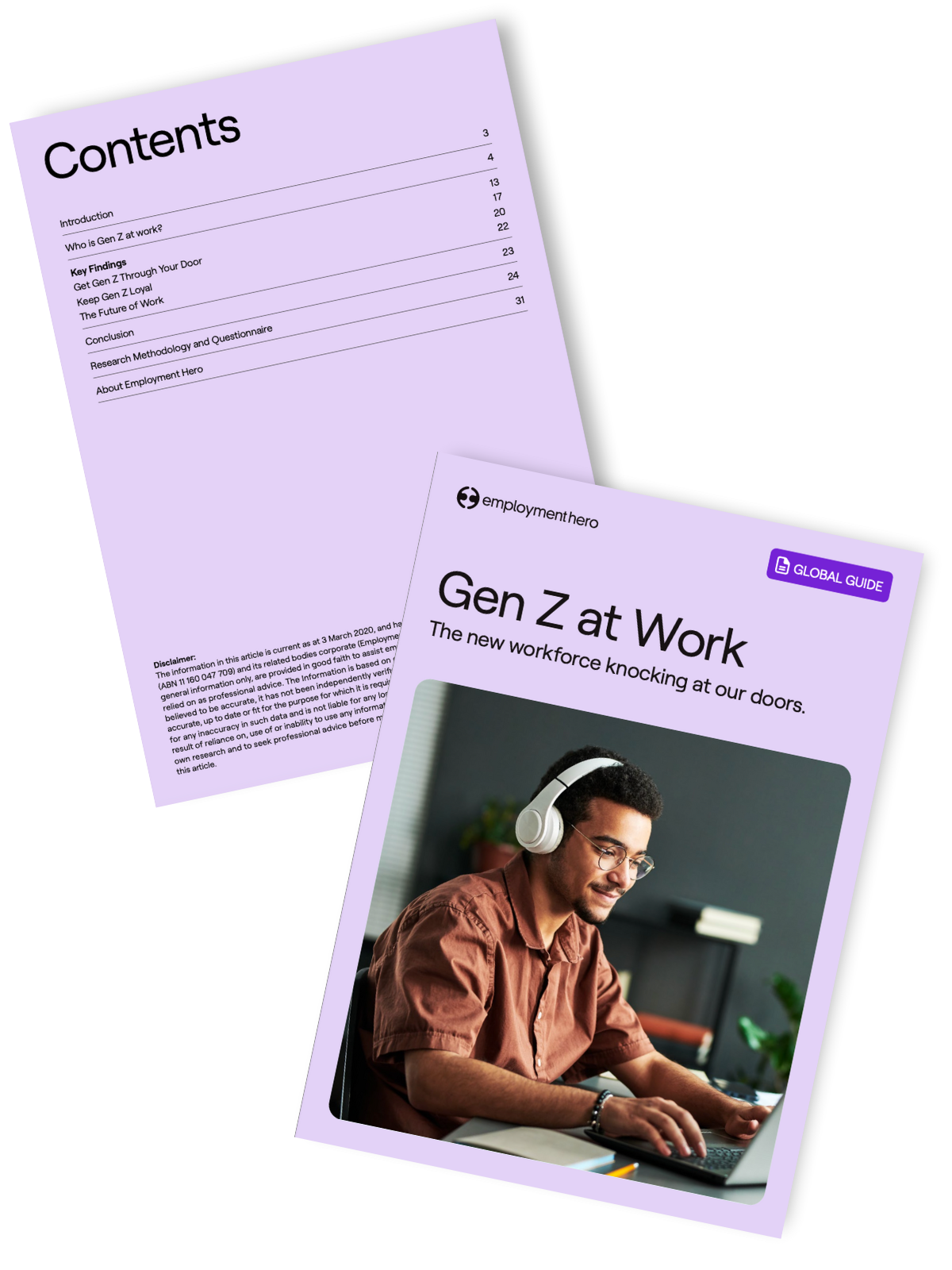
Gen Z workers are attracted to workplaces where work/life balance is prioritised. 40% named this as the most important workplace value.
And what made Gen Z happy employees three years ago?
- Great people and work culture [46%]
- Flexible work hours [43%]
- Good income, compared to their peers [42%]
But that was then.
This is now.
So let’s look at today’s landscape and compare it to what we forecast back in 2020.
… The future of work. Did we get it right?
Prediction 01. Technology = colleague
We said: advancements in robotics and AI mean that technology is becoming increasingly human-like. Gen Z wants the benefits of tech and the benefits of face-to-face human collaboration – all at once. And AI may just help that happen. We’re blown away by how spot on this has turned out to be at a macro scale. ChatGPT took the world by storm at the tail end of 2022, and halfway through 2023, generative AI tools are everywhere we look.
But there’s one caveat. Trust in AI is not all the way there yet.
In our 2023 AI and HR SuperHuman survey, we found that 45% of HR professionals worry their job will be at risk because of AI and 58% are worried about the ethical use of AI in the workplace.
And let’s not forget that addressing bias is proving a challenge, and a challenge that’s getting worse – a fact not lost on our social justice-aware Gen Zers.
Reality: Technology = a mixed bag

Prediction 02. More self-employment
We said: Gen Z are an entrepreneurial generation. They have grown up during the boom of social media influencers and professional Youtubers. The concept of holding down the same job for decades, is an outdated one for most Gen Z workers. Instead, they want to solve real-world problems from the comfort of their own home. This may result in a rise in self-employment over the coming years.
The reality in 2023 is that real wages are down, cost of living is up, purchasing power is not what it used to be. Indeed, the economic landscape of 2023 tells a different story than Gen Z (and the rest of us) might have hoped for.
Economic barriers like access to capital, high inflation, high wage cost and economic uncertainty have underscored the value of stable employment for many, revealing that while the spirit of entrepreneurship burns bright, conditions on the ground often require a different, perhaps more conventional, course.
Reality: More cost of living crisis = more job security please
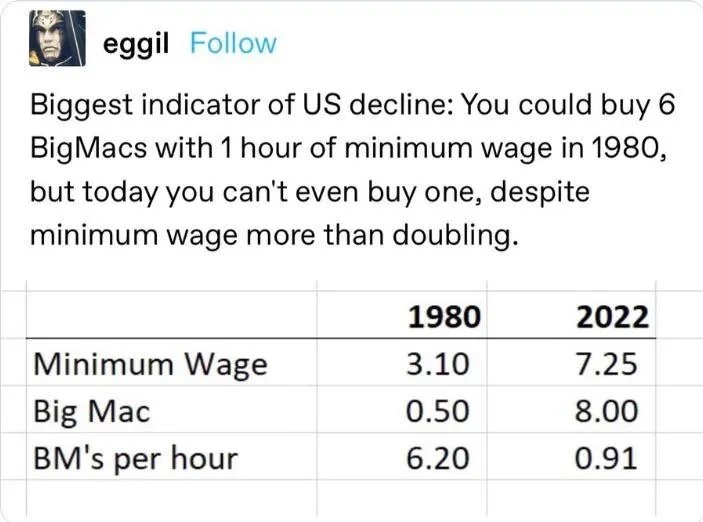
Prediction 03. No more 9–5
We said: Work/life balance is such a high priority for the younger generation and their awareness of mental health issues is unparalleled. Both of these facts may contribute to a revolution in the way we work: saying goodbye to 9–5 and welcoming shorter days or weeks. This will be done in the hope to reduce stress and improve self-motivated productivity.
This one is a mixed bag. On the one hand, the 4 day work week momentum continues to grow: pretty much all trials tend to yield positive results, and it’s a normalised concept in many parts of the world. Many forward-thinking companies, particularly in the tech and creative sectors, have embraced flexible work schedules or implemented regular four-day workweeks, citing benefits like increased productivity and higher employee satisfaction. Additionally, the rise of remote work — a lasting effect of the global pandemic — has broken the traditional 9-5 mold for many.
But with a drive back to the office, many leaders are pushing back. Resistance can be strong, primarily from industries rooted in traditional work models and from older generations accustomed to the established five-day structure. While the four-day workweek hasn’t become the universal standard, its growing adoption suggests a promising trajectory toward redefining how we approach work going forward.
Reality: Personal wellbeing shouldn’t be sacrificed to serve old fashioned economy
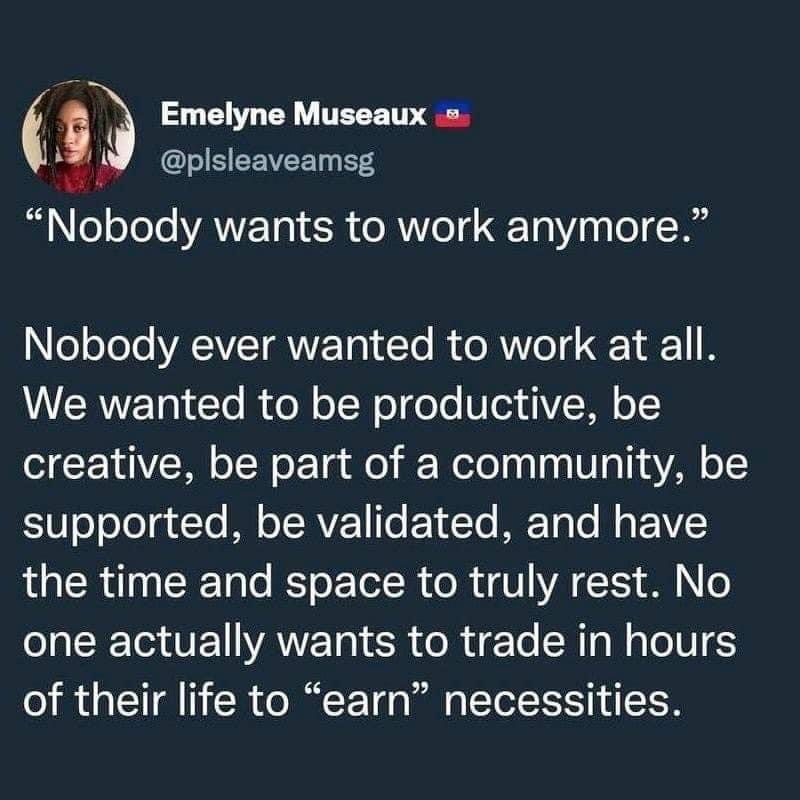
Prediction 04. More relaxed, less ‘corporate’
We said: Already, offices are not what they used to be. Ties and high-heels are increasingly rare. The mixing of personal and work life is far greater than it was a decade ago. Gen Z has never known the suit-and-tie world. As they step into the workforce, they will bring a distinctly relaxed atmosphere with them. From dress-codes to the tone of voice used in emails; Gen Z is likely to keep it chilled.
Our prediction that Gen Z would introduce a more relaxed atmosphere into the workplace is bearing fruit. But it’s not just about being “chilled” — it’s a broader shift towards human-centric work design.
Research from Gartner underscores this transformation, highlighting how placing humans at the core of work design strategies leads to improved business outcomes, including enhanced creativity, reduced turnover, and higher overall job satisfaction. The numbers speak for themselves: employees operating in human-centric work models are more than 3 times more likely to enjoy high intent and more than 3 times more likely to see low levels of fatigue
Gen Z’s preference for a relaxed atmosphere is not merely a matter of personal comfort; it’s indicative of a more profound realisation: when employees feel comfortable and authentically themselves, they’re more engaged and productive.
Reality: Yes to human centric design, no to suits* (*and PS: 2013 fashion trends are all the way back in. So that’s a yes to Peter Pan collars, no to shirts and ties)
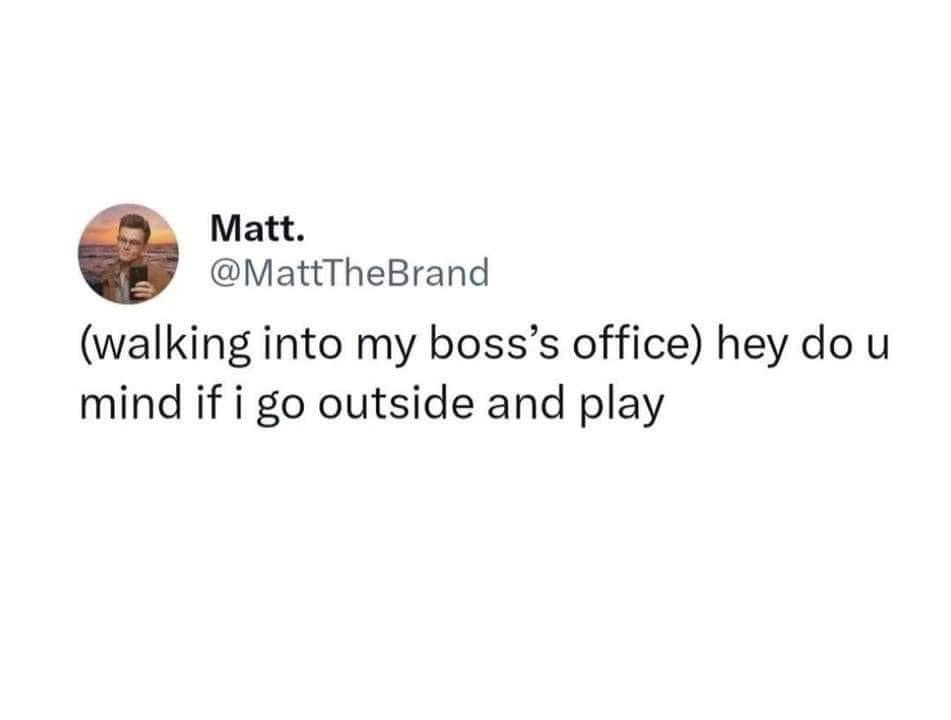
Prediction 05. Resilience and creativity will be highly valuable assets
We said: Gone are the days where tertiary education’s primary job was to teach skills. Gen Z will enter the workforce with a different toolkit; problem solving, interpersonal skills, creative thinking and the ability to bounce back. In part, this is due to the changing nature of work itself. With more digital automation and less manual labour than ever before, creativity and resilience matter more than any particular skill-set.
This prediction also hit the mark – right on the nose. Researchers have found that emotional intelligence training boosted employee productivity and resulted in better evaluations from management. So resilience and creativity aren’t just assets, they’re fundamental to run successful businesses. And nor are they buzzwords: these traits have been pivotal for navigating change, evolving from nice-to-have to business imperatives.
Businesses have got the memo – for genuine growth and innovation, emotional repression is out, and embracing empathy is in.
Reality: Emotional intelligence and empathetic leadership is a must
The wrap up
Gen Z are inheriting a highly uncertain workplace where the echoes of earlier commitments to well-being seem to have faded amidst economic upheavals. It’s no surprise that this generation experiences heightened stress and burnout—products of an always-on technological era and a litany of global concerns weighing heavy on their collective mind. However, it’s not just the challenges they face but how they face them that we need to highlight.
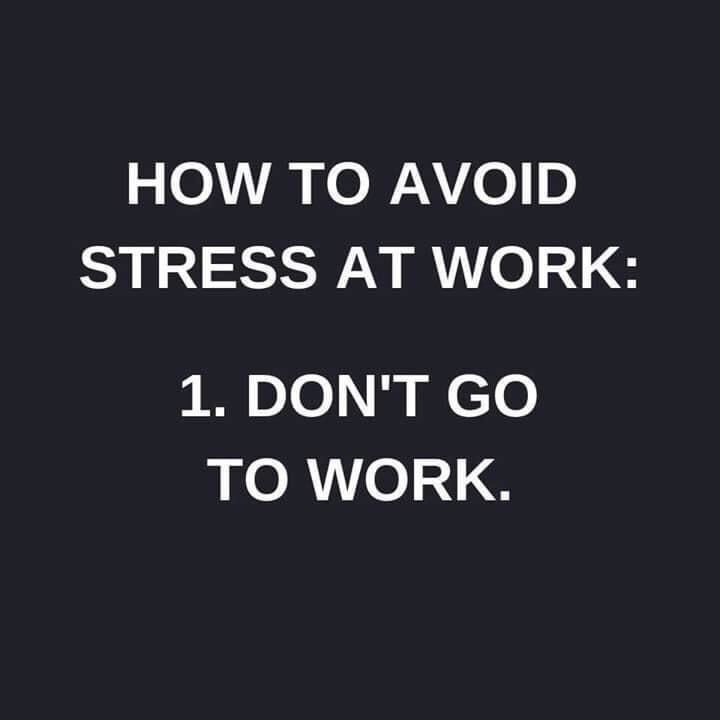
Gen Zers are coping with extraordinary grace, compassion and resilience. Again, this is a direct consequence of growing (or should we say glowing) up in a world of constant change – they are used to adapting and overcoming challenges.
Gen Z are also tech-savvy and creative. Cosy, comfortable and confident with technology, rest assured they’ll use it to their advantage at work. They’re also innovative and demand to be able to use these skills in any role they land. And despite the economic hardships, Gen Z remain committed to their causes.
But like anyone, they still need to pay their bills. Economic constraints might be real, but Gen Z’s resilience and vision assure us of a future where passion and purpose come out on top, even as they face life’s challenges full on.
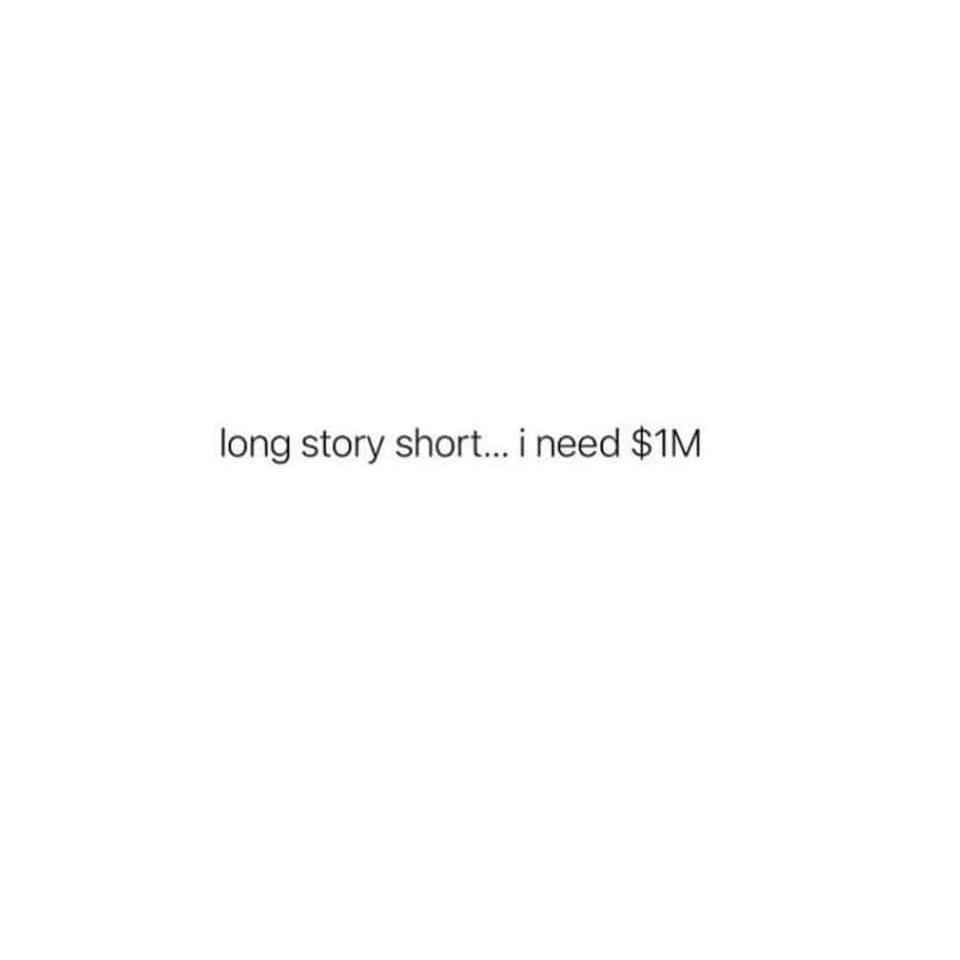
Because in the face of adversity, this generation doesn’t just adapt; they slay. And any outdated work practices can – frankly – sashay away.
So that’s a wrap on our 2020 predictions: our version of how it started vs how it’s going. Rest assured we’ll keep an eye on how the future unfolds in the workplace, and we’ll be back with more soon.
Employment Hero.
We get employers, and we get Gen Z. Follow us for deeper insights into generational trends, ensuring you’re not just prepared for the future of work, but actively shaping it.
Keen to read more about Gen Z at work? Download the report now.
Related Resources
-
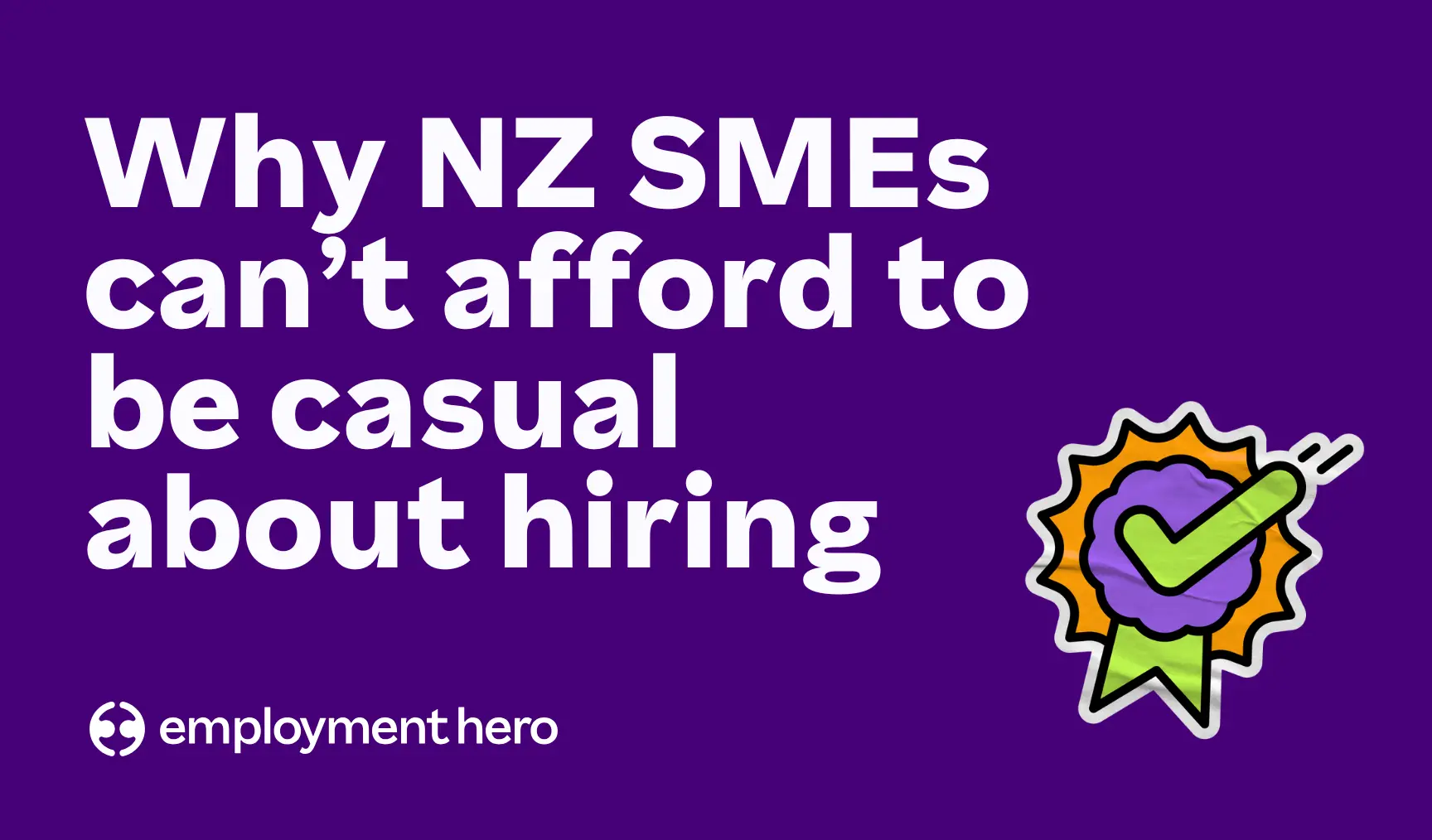 Read more: Still Coasting? Why NZ SMEs Can’t Afford to Be Casual About Hiring
Read more: Still Coasting? Why NZ SMEs Can’t Afford to Be Casual About HiringStill Coasting? Why NZ SMEs Can’t Afford to Be Casual About Hiring
The casual approach to hiring is costing you – find out how to snap out of it.
-
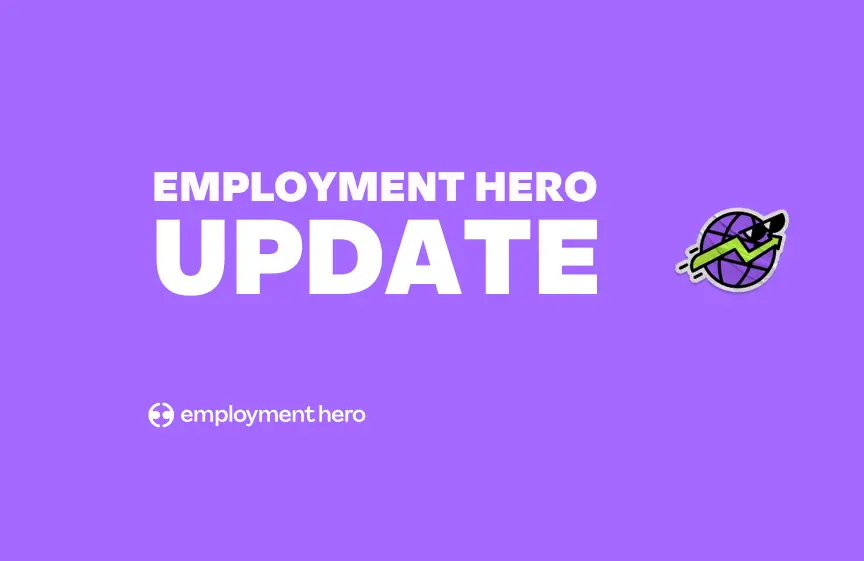 Read more: SEEK Cut the Cord. Here’s What We’re Doing About It.
Read more: SEEK Cut the Cord. Here’s What We’re Doing About It.SEEK Cut the Cord. Here’s What We’re Doing About It.
Seek is ending Employment Hero’s API access. Read about what we’re doing and how we are building a faster and…
-
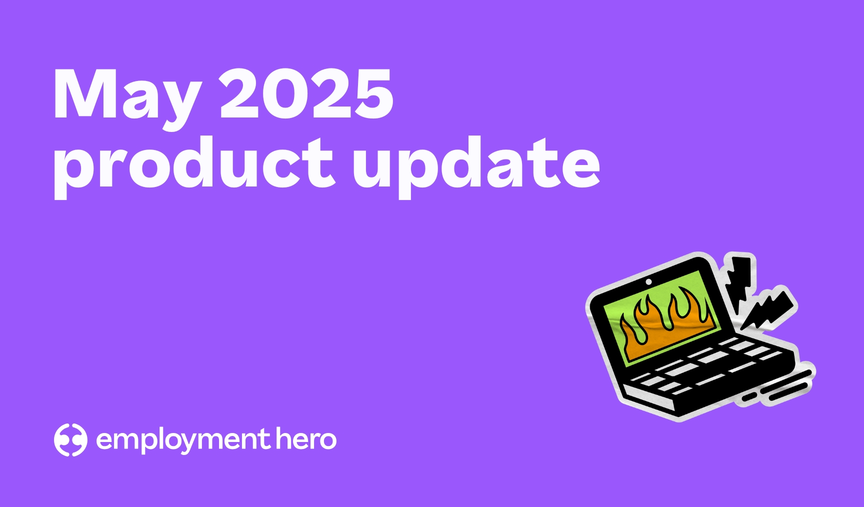 Read more: Product Update: May 2025
Read more: Product Update: May 2025Product Update: May 2025
Follow our May 2025 product update as we share all of the latest and greatest features we’ve released over the…




